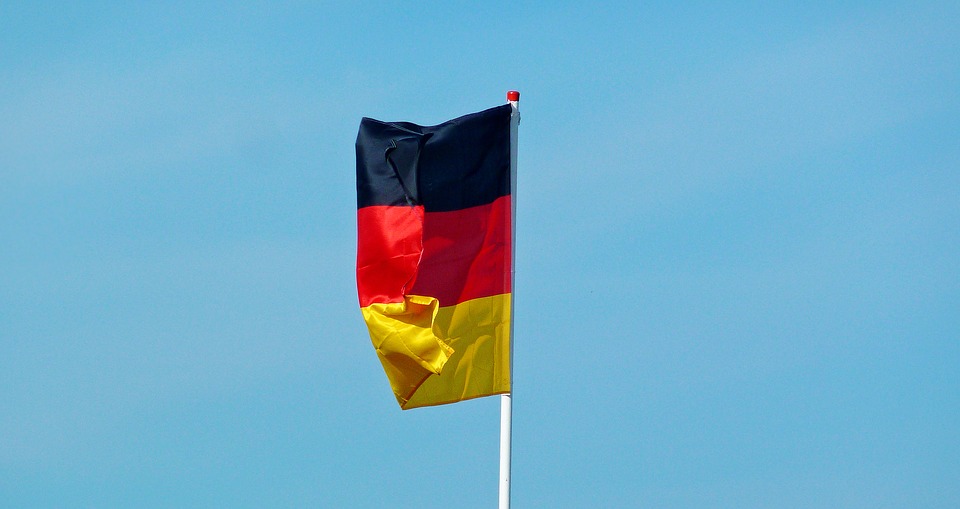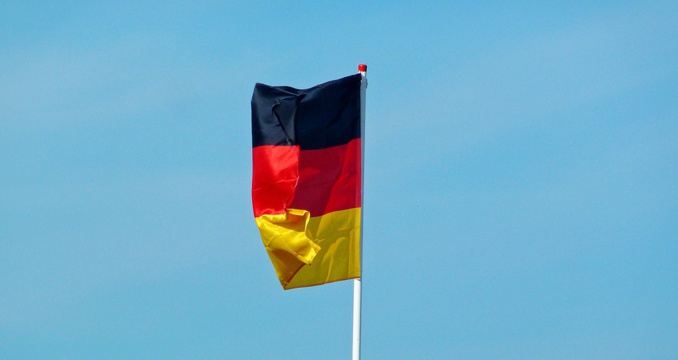Europe's largest economy is set for a reliable expansion in 2017 after a 0.6% growth in the first three months, driven by strong private investment, high household spending and the recovery of exports.
"Our overall assessment of economic development in Germany remains unchanged from the previous month," ZEW President Achim Wambach said.
"The prospects for Germany's economic growth in the next six months remain positive," he added.
The research institute in Mannheim stated that its monthly survey of German investors showed that economic sentiment deteriorated to 17.5 points from 18.6 points in June. Consensus-forecast of Reuters’ economists expected a drop to 18 points.
A separate indicator, measuring the investors' assessment of the current economic conditions, fell to 86.4 points from 88 points last month. This indicator coincided with the economists’ forecast.
VB Bank analyst Thomas Gitzel explained the drop in possible currency effects. "German exporters do not like the prospect of strengthening the euro, if the euro is growing, export goods are becoming more expensive in world markets," he said.
The euro rose above the level of $ 1.1530, which is a new 14-month high, ahead of the next meeting of the European Central Bank (ECB).
Last week, the German Ministry of Economy said that in the second quarter the economy will continue to show steady growth caused by increased private consumption and higher activity in the construction sector, while net foreign trade is unlikely to add to the overall expansion.
Analysts expect that Germany's gross domestic product (GDP) will grow by no less than 0.6% from April to the end of June. In mid-August, the Federal Statistical Office will publish preliminary data on GDP growth for the II quarter.
At the same time, the International Monetary Fund (IMF) expects the German economy to grow by 1.8% in 2017 in real terms and by 1.6% in 2018.
source: reuters.com
"Our overall assessment of economic development in Germany remains unchanged from the previous month," ZEW President Achim Wambach said.
"The prospects for Germany's economic growth in the next six months remain positive," he added.
The research institute in Mannheim stated that its monthly survey of German investors showed that economic sentiment deteriorated to 17.5 points from 18.6 points in June. Consensus-forecast of Reuters’ economists expected a drop to 18 points.
A separate indicator, measuring the investors' assessment of the current economic conditions, fell to 86.4 points from 88 points last month. This indicator coincided with the economists’ forecast.
VB Bank analyst Thomas Gitzel explained the drop in possible currency effects. "German exporters do not like the prospect of strengthening the euro, if the euro is growing, export goods are becoming more expensive in world markets," he said.
The euro rose above the level of $ 1.1530, which is a new 14-month high, ahead of the next meeting of the European Central Bank (ECB).
Last week, the German Ministry of Economy said that in the second quarter the economy will continue to show steady growth caused by increased private consumption and higher activity in the construction sector, while net foreign trade is unlikely to add to the overall expansion.
Analysts expect that Germany's gross domestic product (GDP) will grow by no less than 0.6% from April to the end of June. In mid-August, the Federal Statistical Office will publish preliminary data on GDP growth for the II quarter.
At the same time, the International Monetary Fund (IMF) expects the German economy to grow by 1.8% in 2017 in real terms and by 1.6% in 2018.
source: reuters.com



















